Nội Dung Chính
- 1 SPEAKING Look at the blog and the photos. What kind of game do you think the people are playing? What do you think happens?
- 2 Read the blog post quickly and check your ideas from exercise 1.
- 3 Read the Reading Strategy and the questions in exercise 4. Then answer the following questions.
- 4 Read the blog post again. Choose the correct option (a-d).
- 5 SPEAKING KEY PHRASES Work in pairs. Would you like to play this game? Why? / Why not? Use the adjectives, and phrases below to help you.
- GPS CHALLENGE
(page 30)
I can understand a text about an outdoor game.
1 SPEAKING Look at the blog and the photos. What kind of game do you think the people are playing? What do you think happens?
2 Read the blog post quickly and check your ideas from exercise 1.
Reading Strategy
Multiple-choice questions may test:
• factual information (detailed or general).
• the writer's opinion.
• the writer's intention.
You can sometimes (but not always) tell what a question is testing by reading the first part without the options (a-d).
3 Read the Reading Strategy and the questions in exercise 4. Then answer the following questions.
1 Which questions in exercise 4 ask about
a the writer's intention?
b the writer's opinion?
c factual information?
2 How did you decide on the answers to question 1?
3 Which question in exercise 4 is about the whole blog post?
4 Read the blog post again. Choose the correct option (a-d).
1 To take part in geocaching you need
a a mobile phone with GPS.
b a mobile phone with GPS and a toy or gift.
c a mobile phone, a toy or gift and a logbook.
d nothing-just yourself!
2 The activity of geocaching
a began in the 19th century, but only became popular after 2000.
b was originally only popular in one region of England, but now has fans all over the world.
c was called 'letterboxing' when it was first invented.
d has similarities with a 19th-century game.
3 When you find a gift in a geocache, you
a make a note of the gift on the website.
b can borrow the gift, but have to return it.
c are allowed to take the gift if you replace it with something else.
d take a photo of the gift as proof that you have found it.
4 The writer thinks that the most enjoyable kind of geocaching is when
a you have to find a public webcam.
b you have to find a series of geocaches.
c you have to find a geocache and then hide it in a different place.
d you simply have to find one geocache.
5 The writer believes the 'Fumble after Dark' event
a is less fun than geocaching with a couple of friends.
b would be a very enjoyable event to attend.
c is only suitable for adventurous people.
d needs to attract more people.
6 The writer has written the blog mainly to
a suggest that people try geocaching.
b explain the differences between letterboxing and geocaching.
c publicise a geocaching event in Sweden.
d warn readers that geocaching is addictive.
5 SPEAKING KEY PHRASES Work in pairs. Would you like to play this game? Why? / Why not? Use the adjectives, and phrases below to help you.
Adjectives addictive boring difficult exciting
exhausting healthy time-consuming
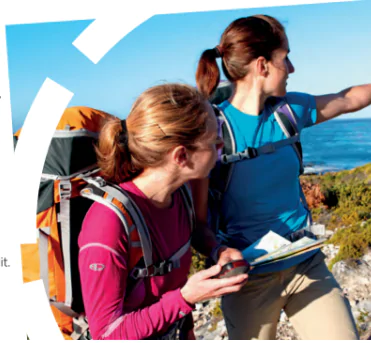
Explaining preferences
I'd find it... It sounds really...
I'd like to play it because...
It appeals / doesn't appeal to me because...
I'm (not) really into...
I'd rather...
I can't stand ....
I don't mind..., but...
(Page 31)
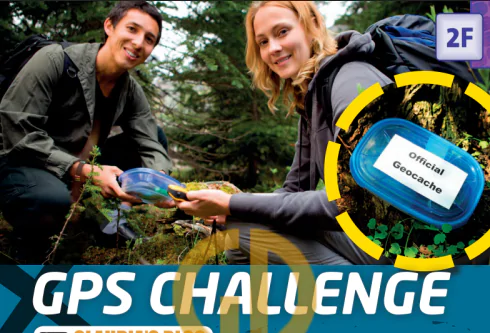
GPS CHALLENGE
🎧 1.26 CLAUDIA'S BLOG
Dear Friends,
Sorry I haven't blogged for a while. I've been a bit busy lately. You'll find out why... But first of all, have you ever heard of geocaching? It's a kind of treasure-hunting game 5 that uses a GPS device - usually your smartphone - to find small containers called geocaches hidden all over the world. I can definitely recommend it - it's healthy and fun.
So how does it work, exactly? Well, the first step is to go to the geocaching website or download the geocaching 10 app onto your phone. Then choose a geocache and start looking. People have been hiding geocaches for more than ten years, so there are literally millions of them around the world, including Antarctica!
Geocaching began around the year 2000. However, 15 similar games did exist in the past. For example, in the middle of the 19th century, a game called 'letterboxing' became popular in the south of England. People walking in the countryside began to hide boxes of addressed postcards all along the route. When other walkers found a 20 box, they collected the cards and posted them.
In geocaching, the boxes contain a logbook, where the person who finds it can write their name and the date.
(They also record the find on the website.) Geocaches often contain a toy or gift, too. You are welcome to take this, provided you replace it with something you have 25 brought with you.
The basic game just involves finding a geocache and recording it online and in the logbook. However, there are lots of variations: multi-cache challenges (each cache leads to the next until the final cache containing 30 the logbook), 'travelling caches' (you move it to a different location and update the information on the website) and 'webcam caches' (you find a public webcam and capture an image of yourself on the webcam as proof of success).
I've tried all of these types, and personally, I've enjoyed 35 the multi-cache challenges the most.
Geocaching is an activity you can do alone or, like me, with a couple of friends, or at events with hundreds of other fans of the game. An example of such event is the annual 'Fumble after Dark' in November in Sweden. I'm seriously 40 thinking about joining it next year. So why don't you get into geocaching too, and I might see you there!
Bye for now!
Claudia
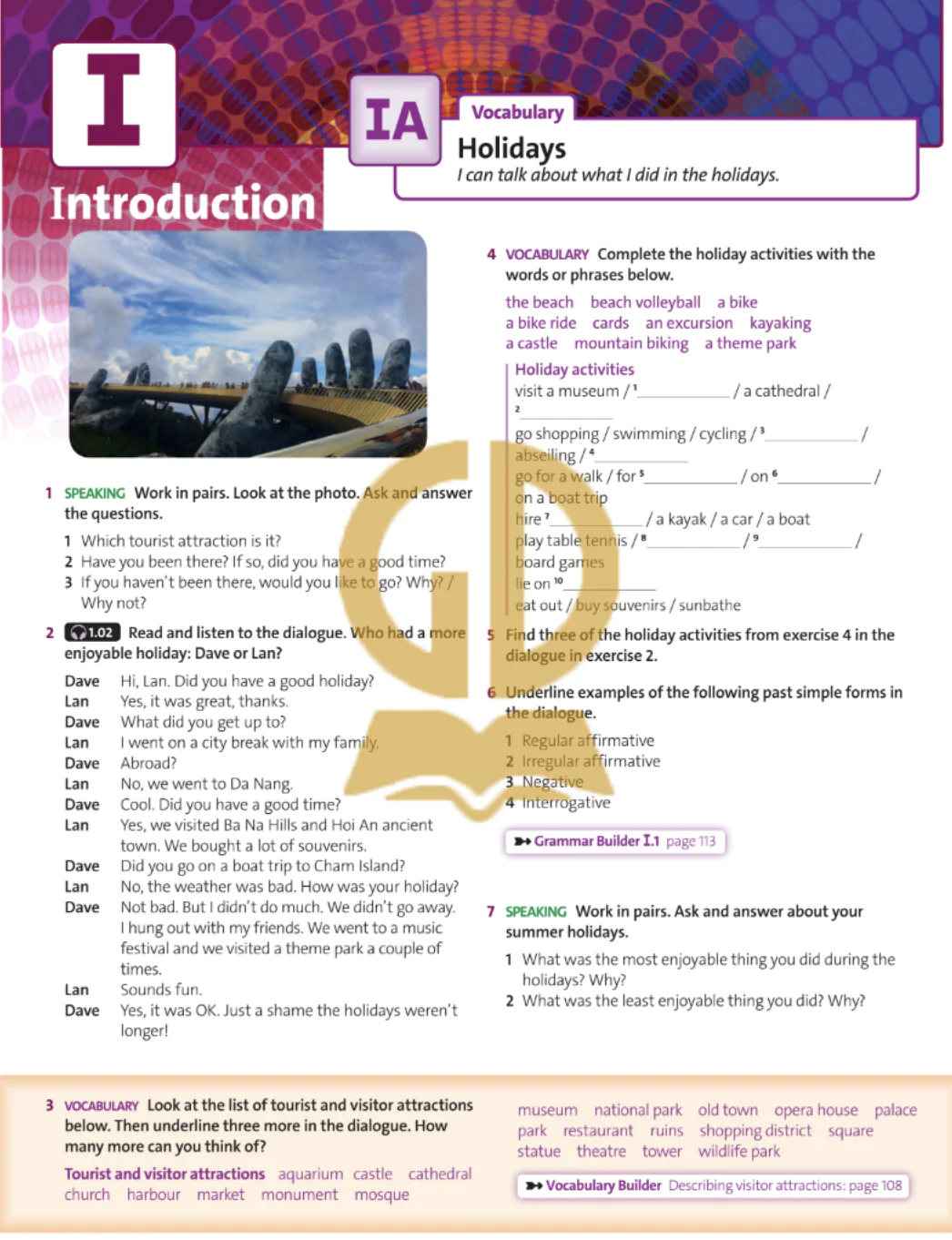
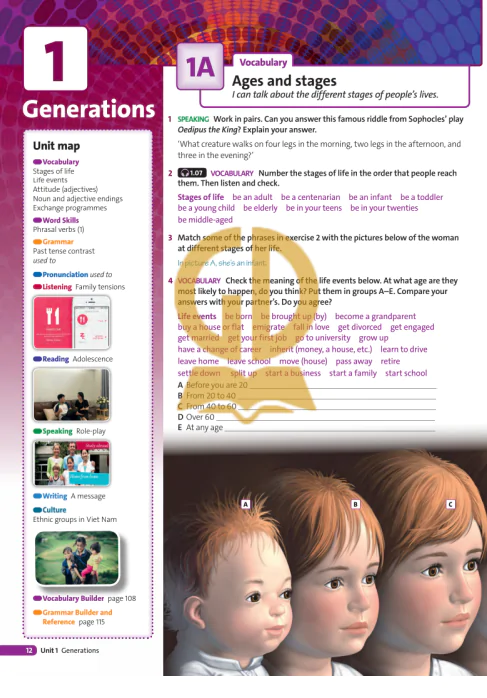
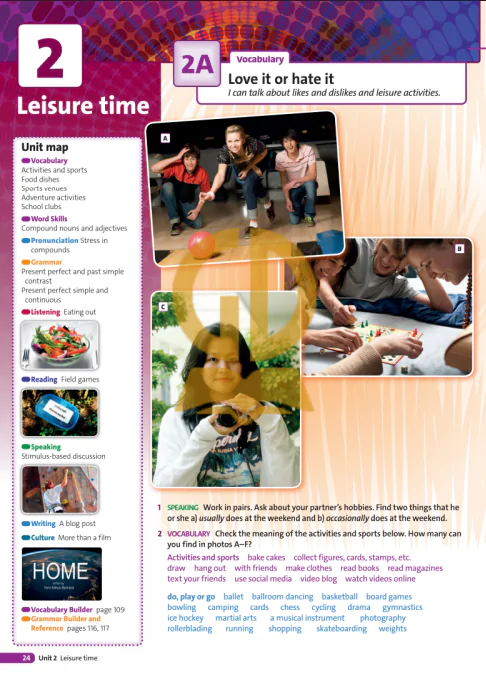
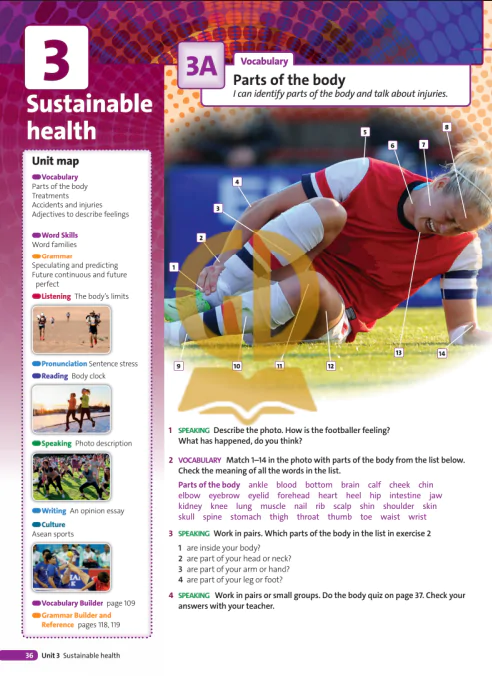
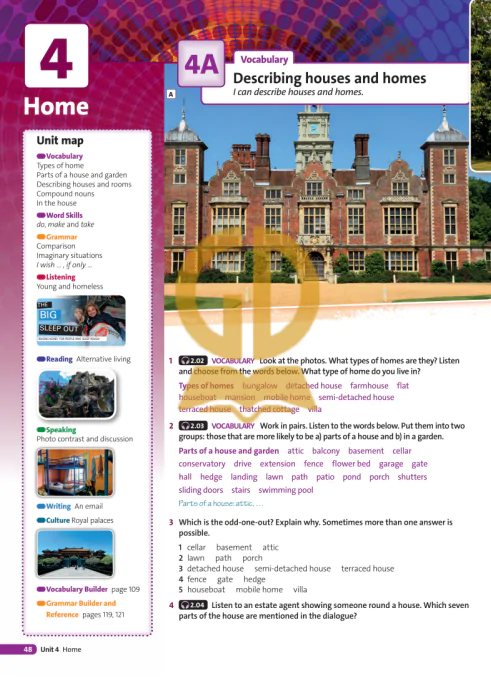
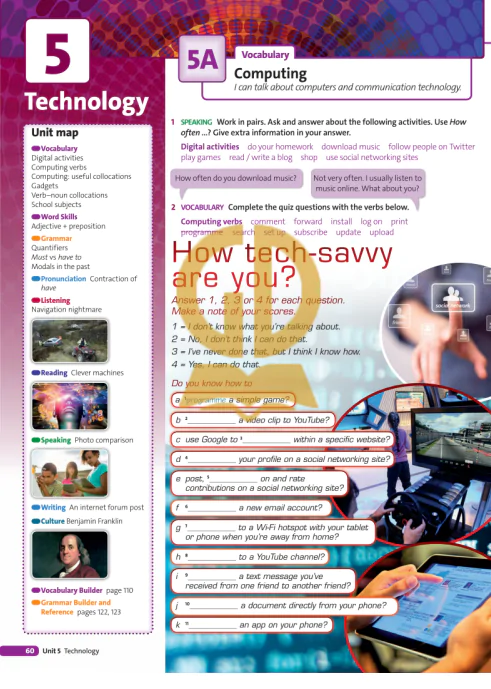


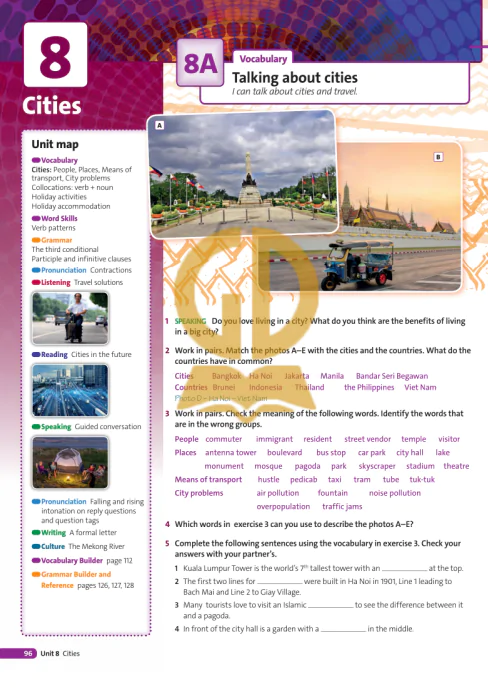

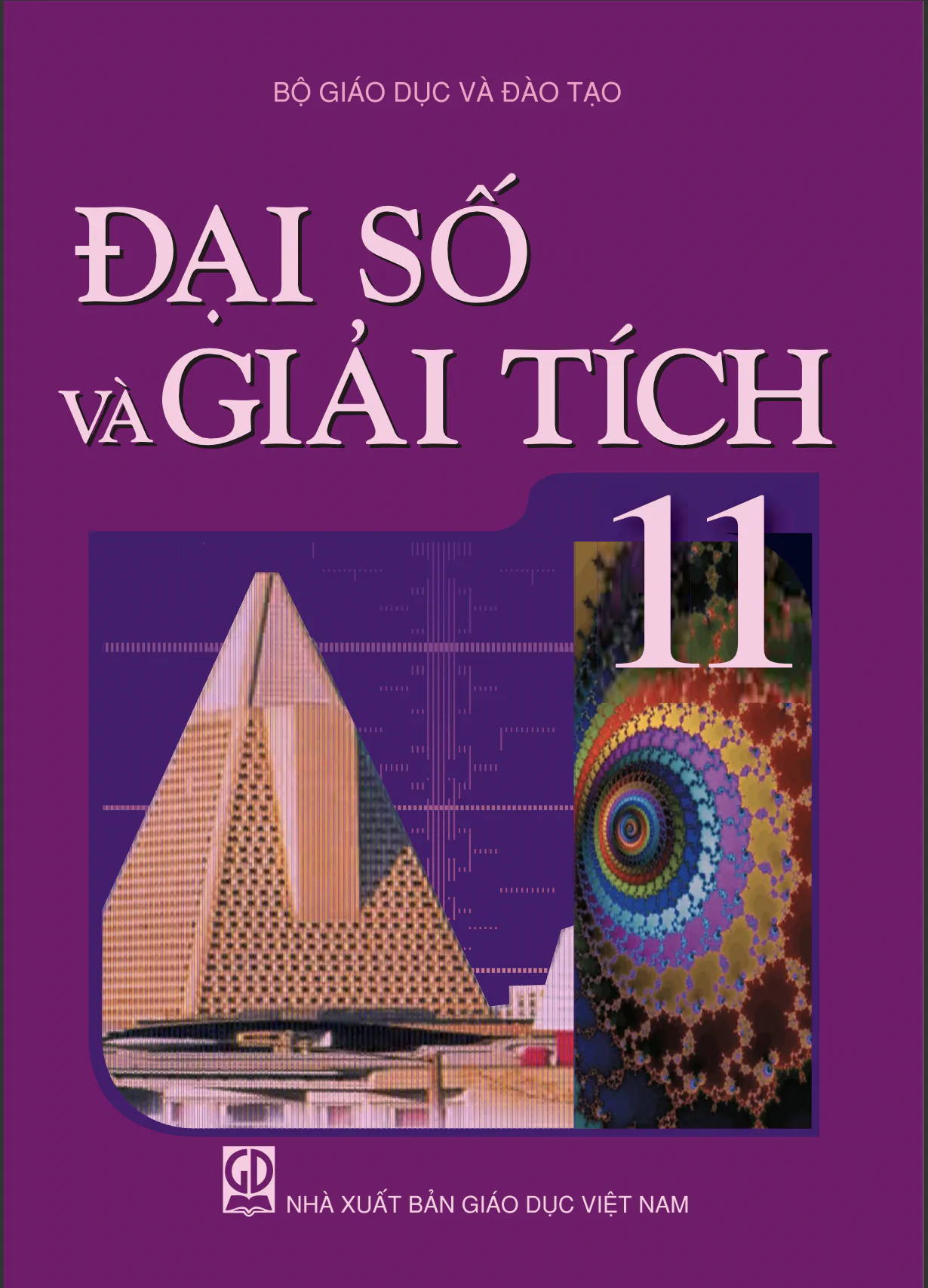
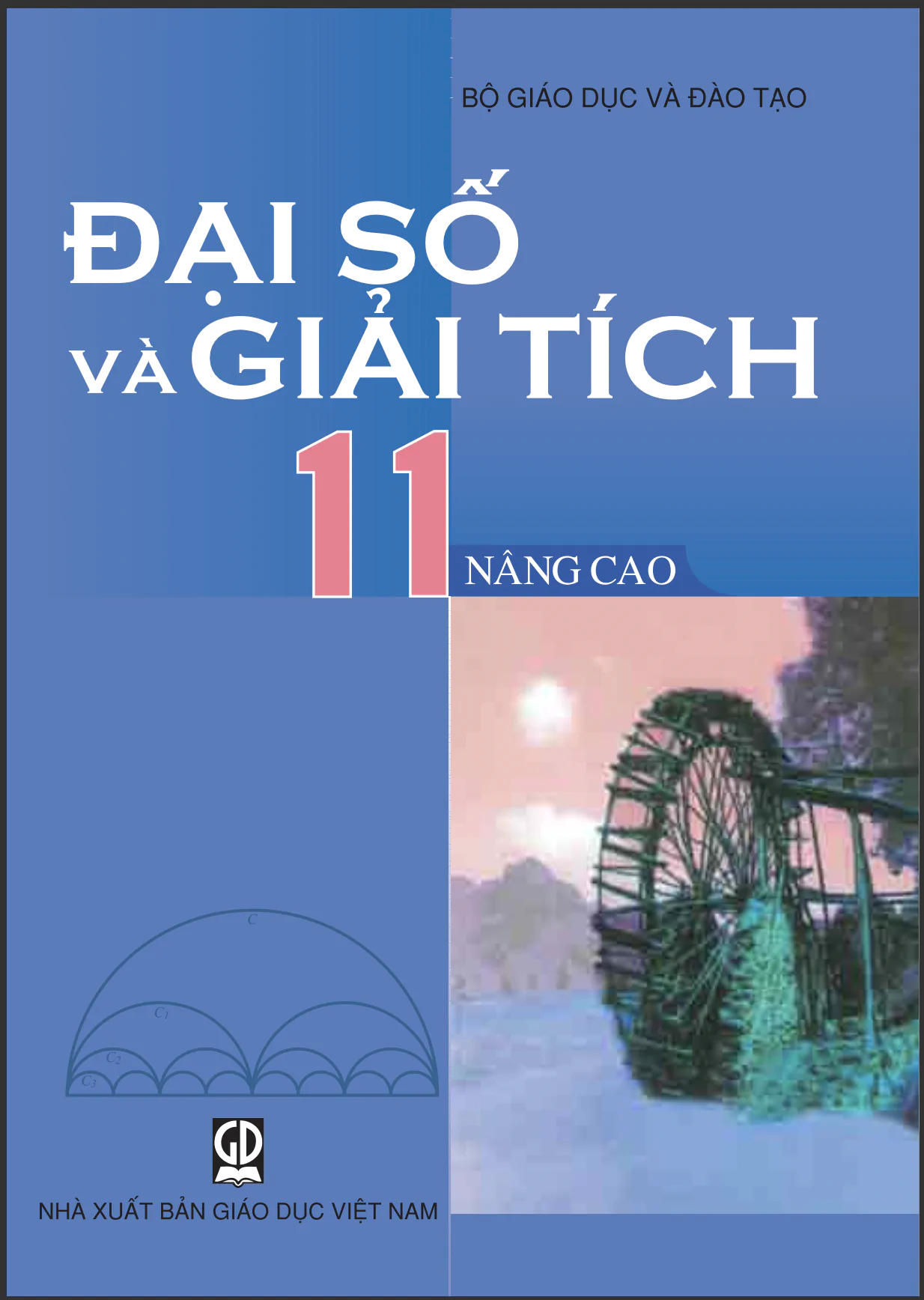
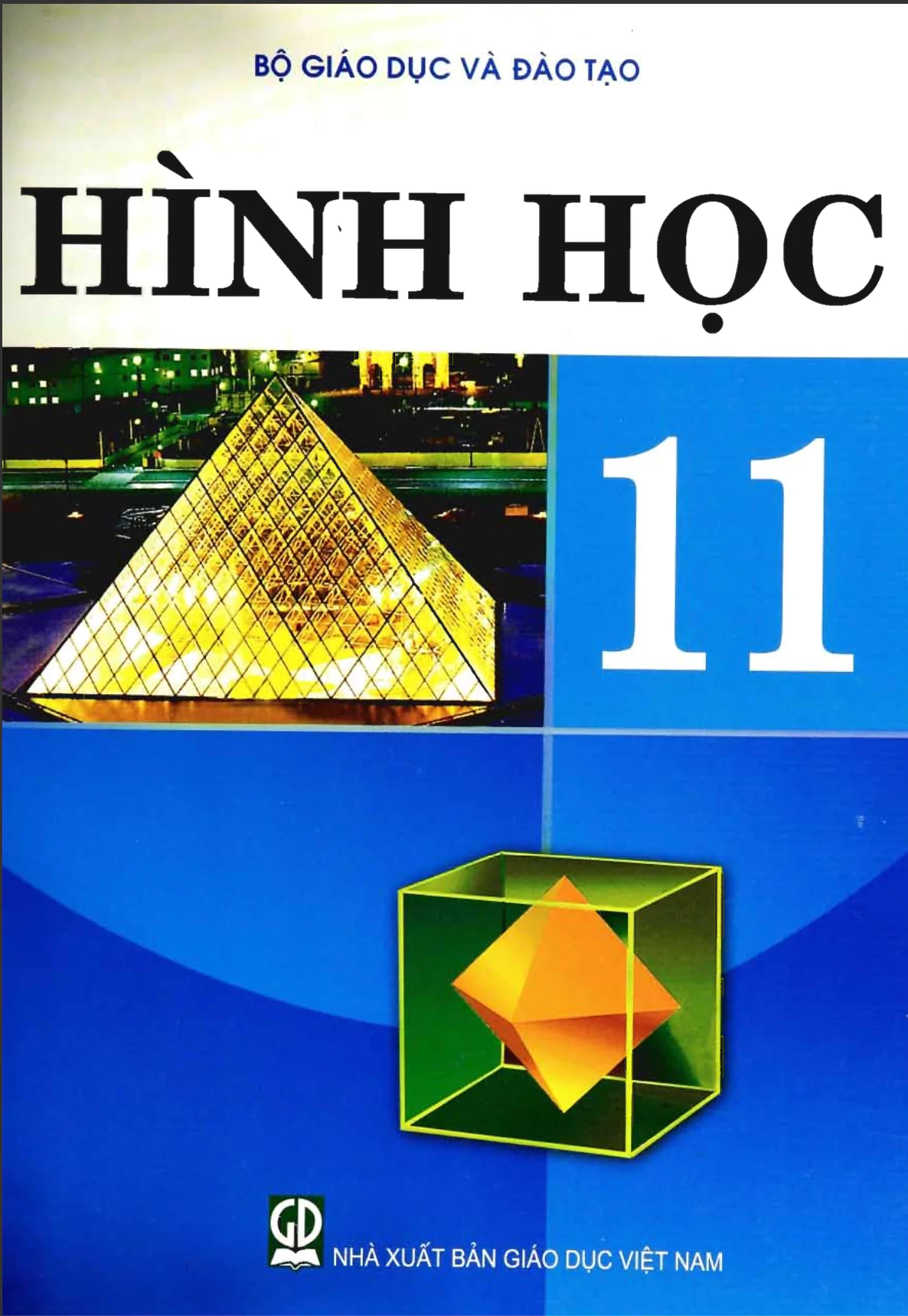
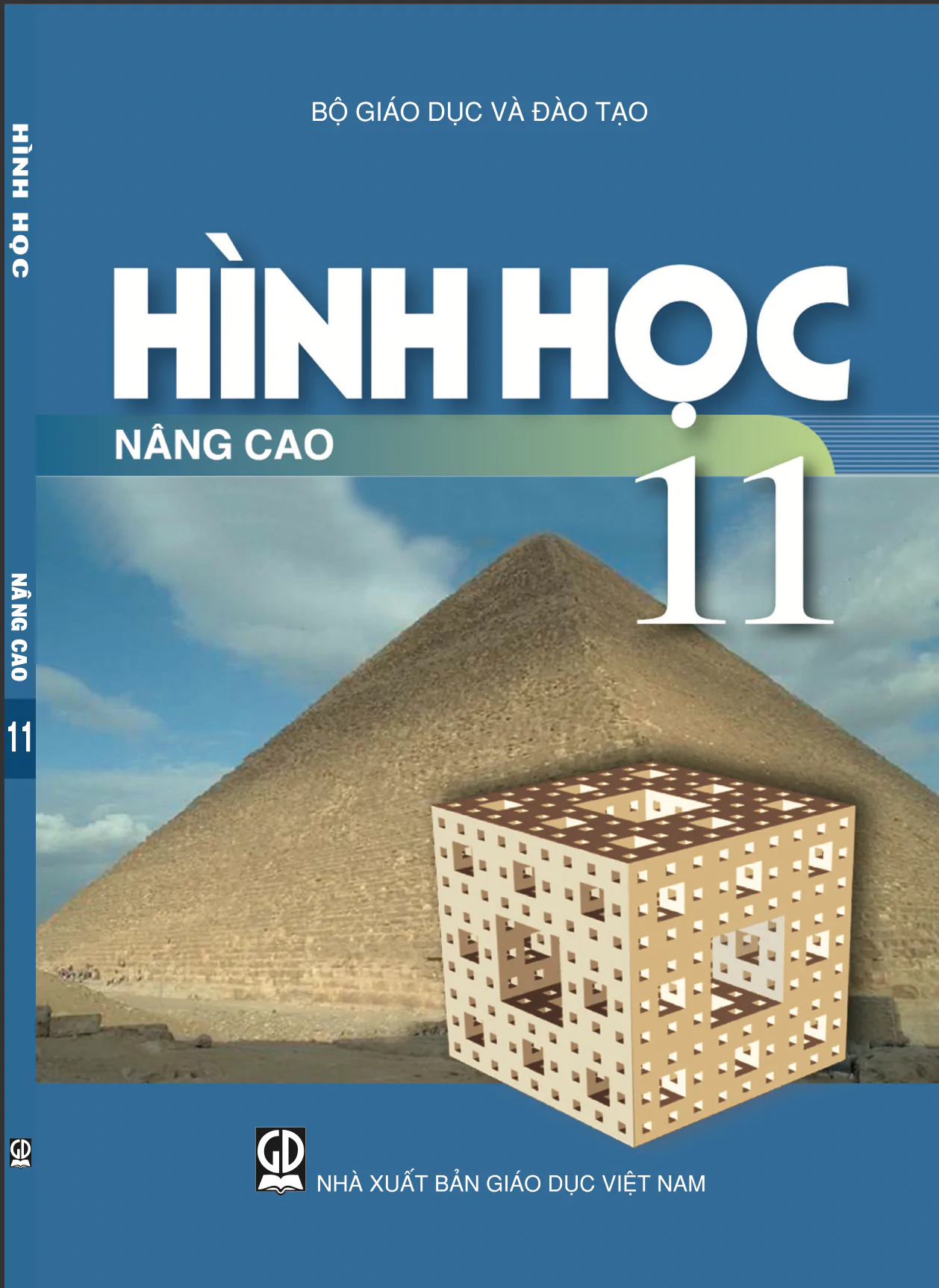
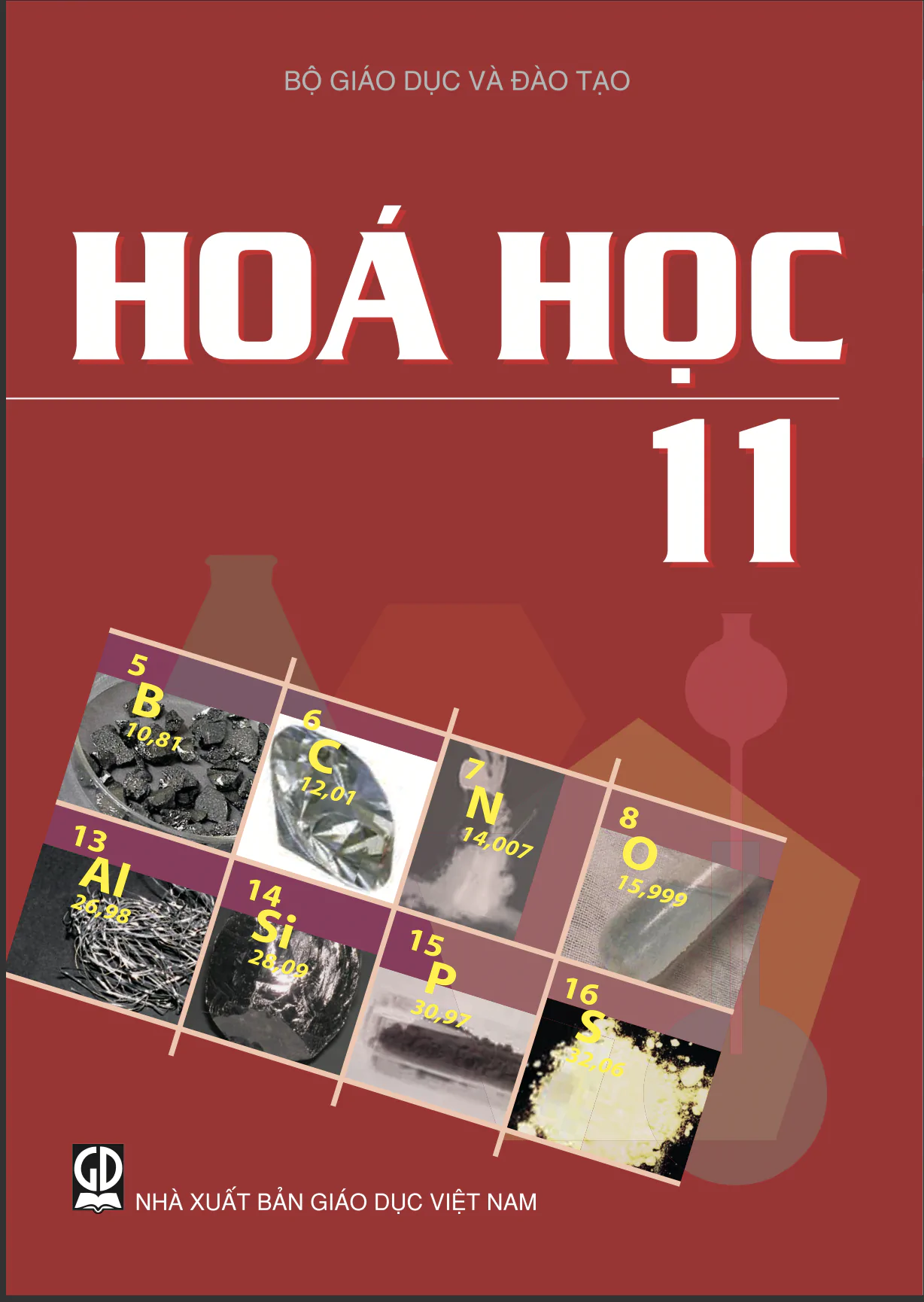

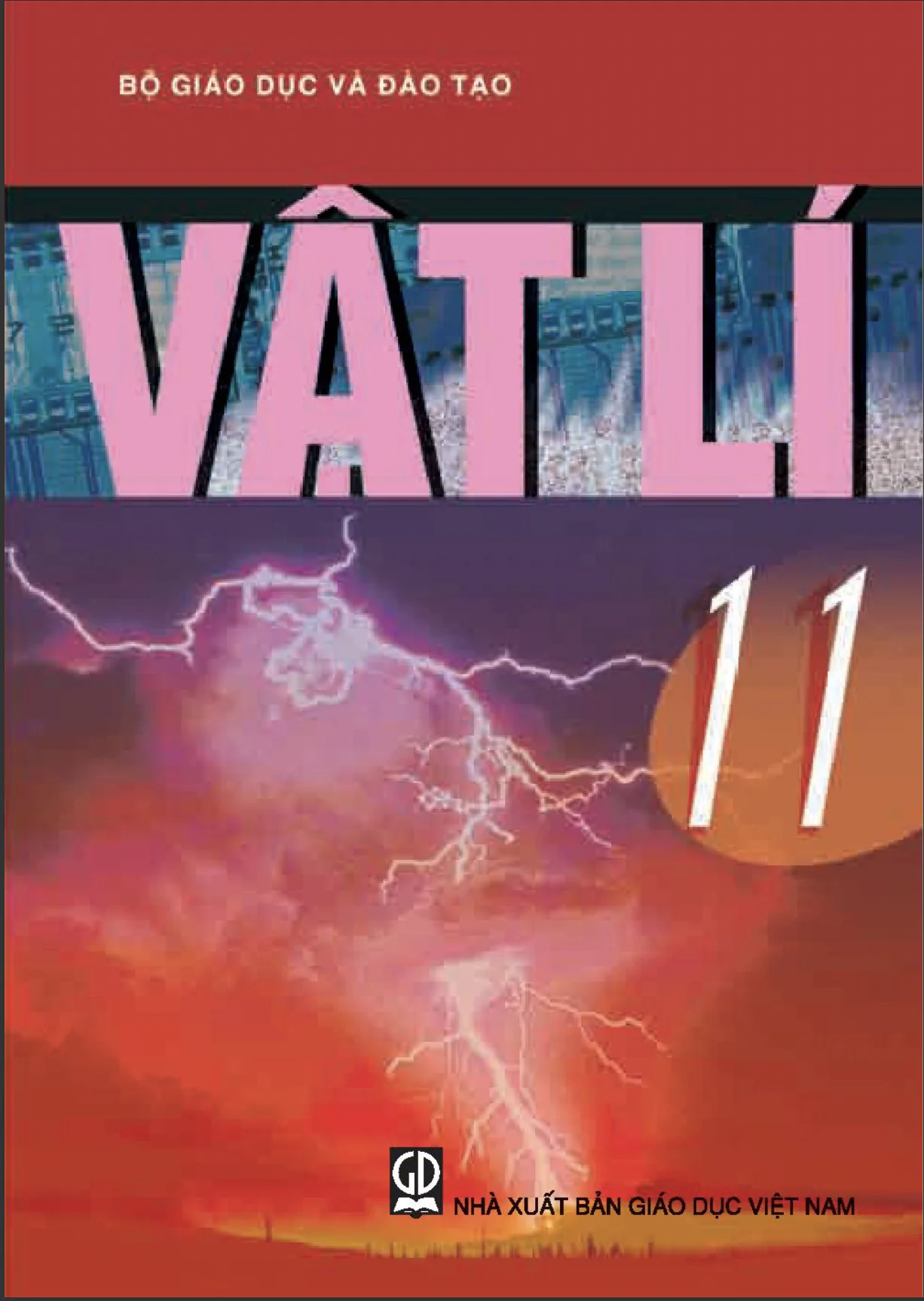
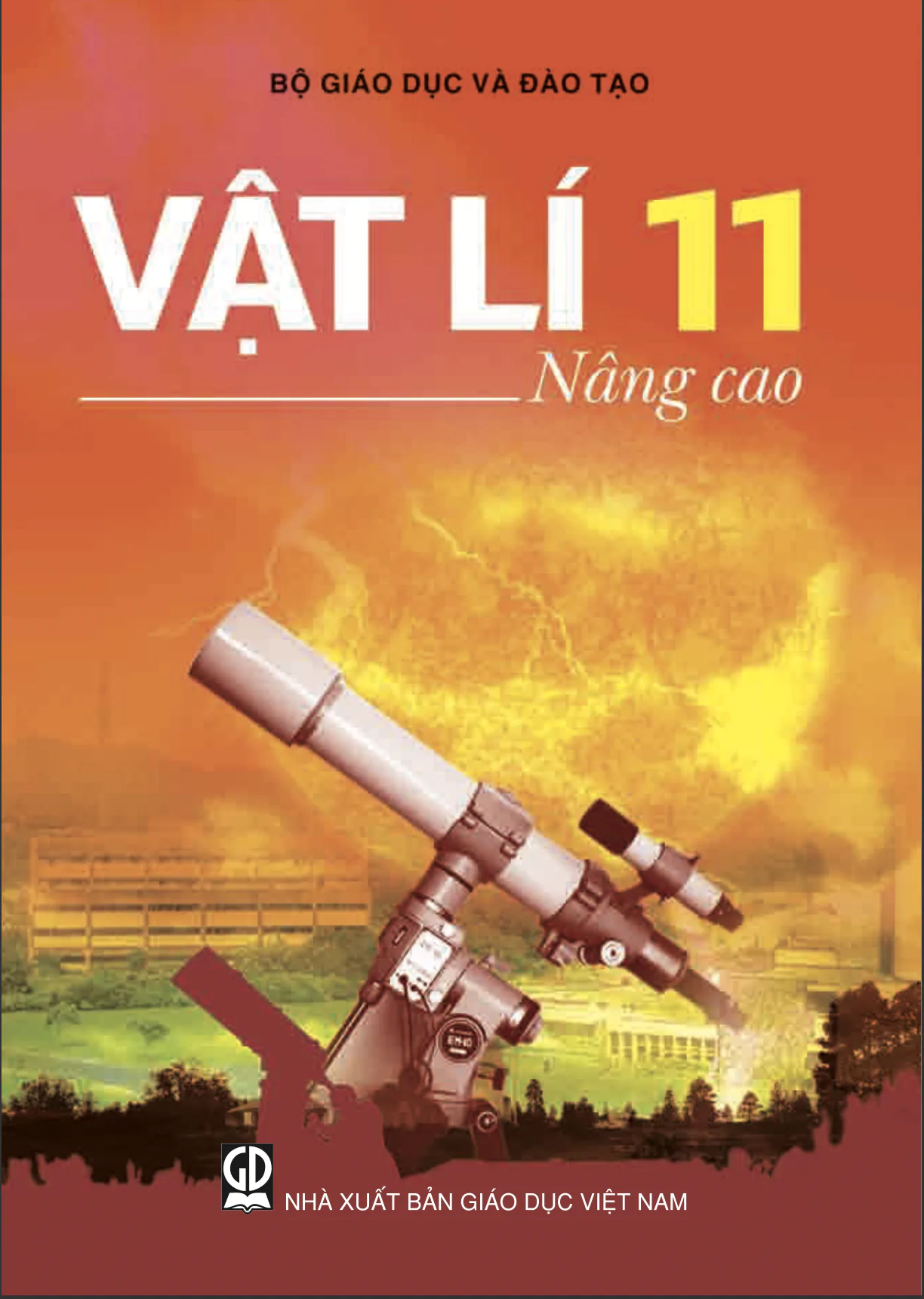
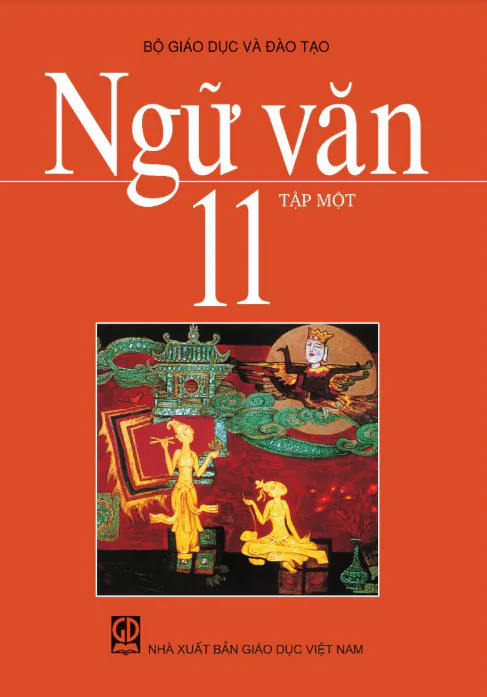
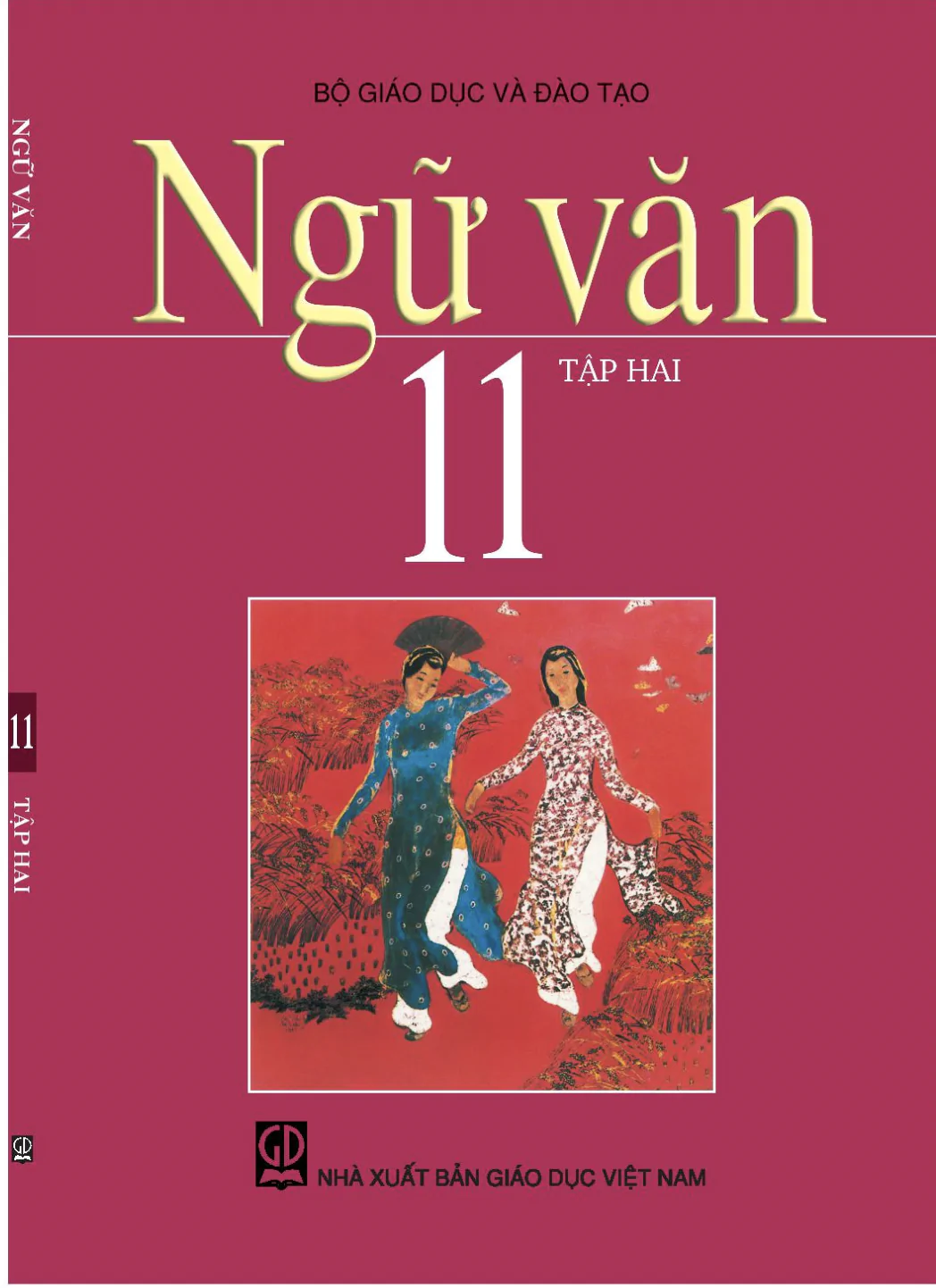
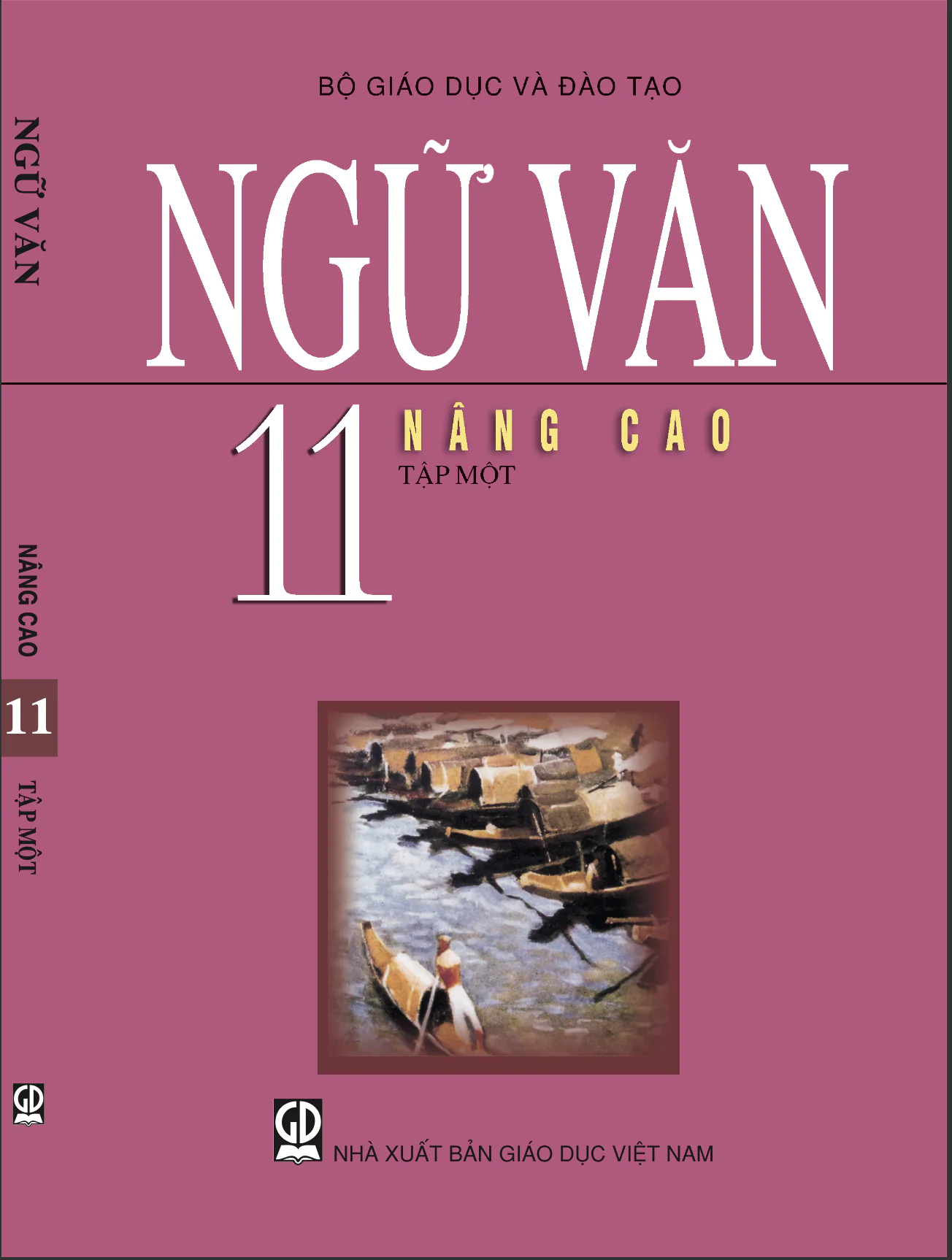
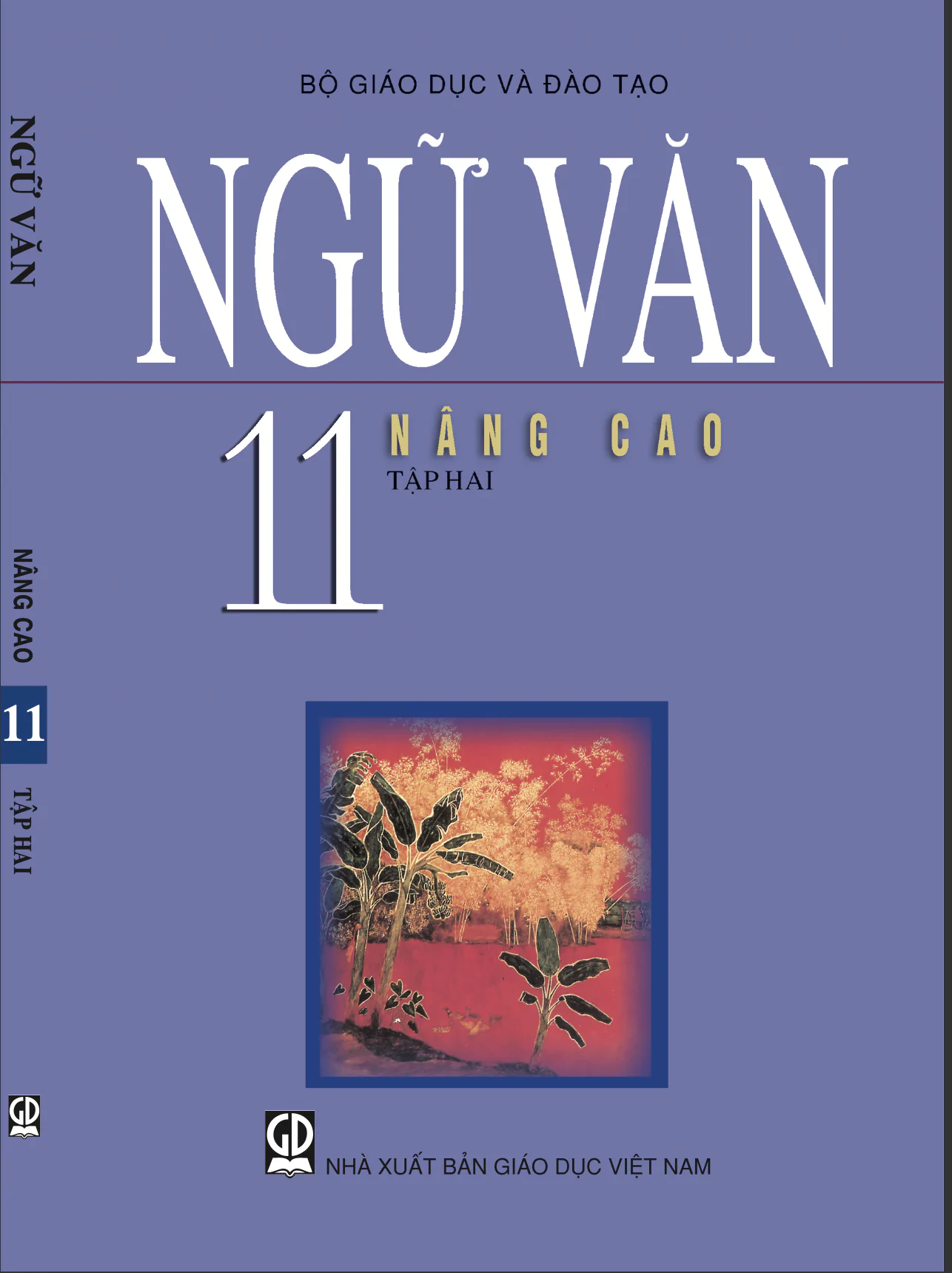
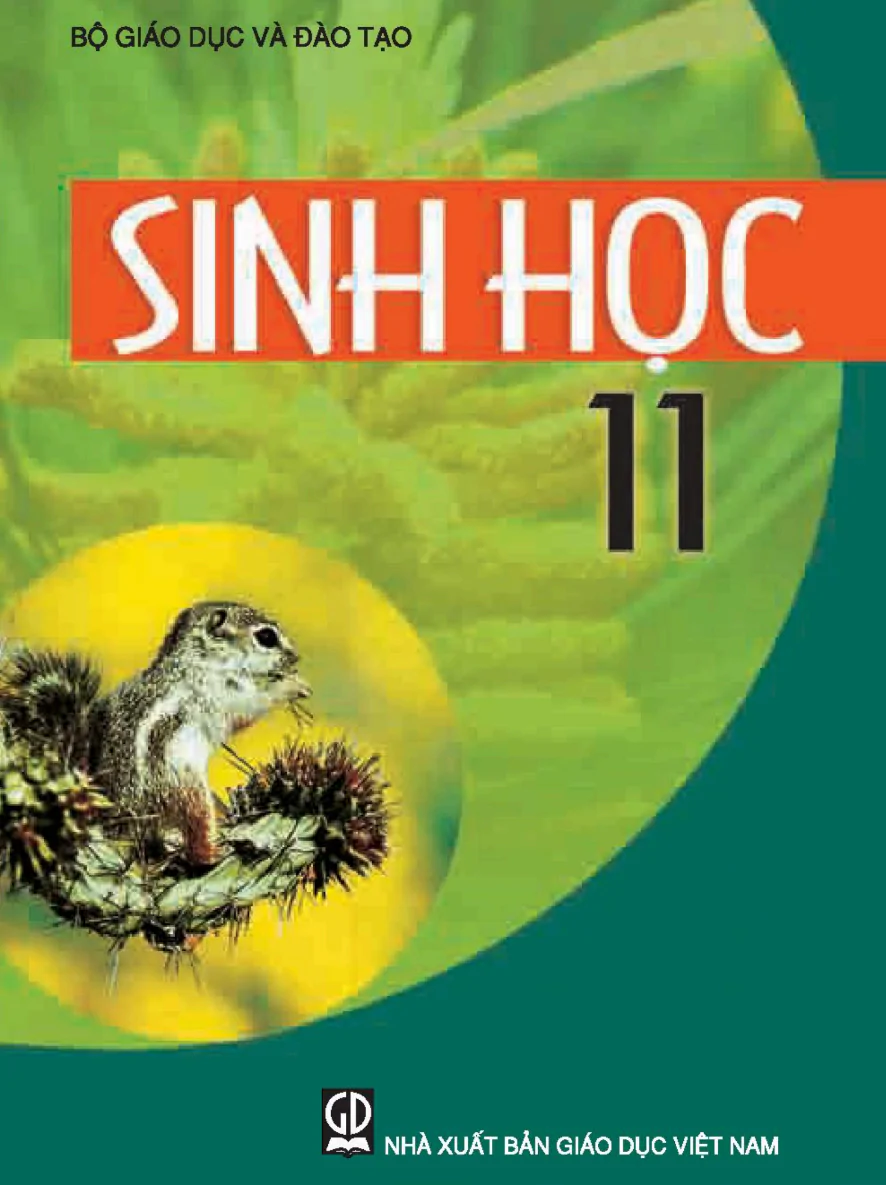
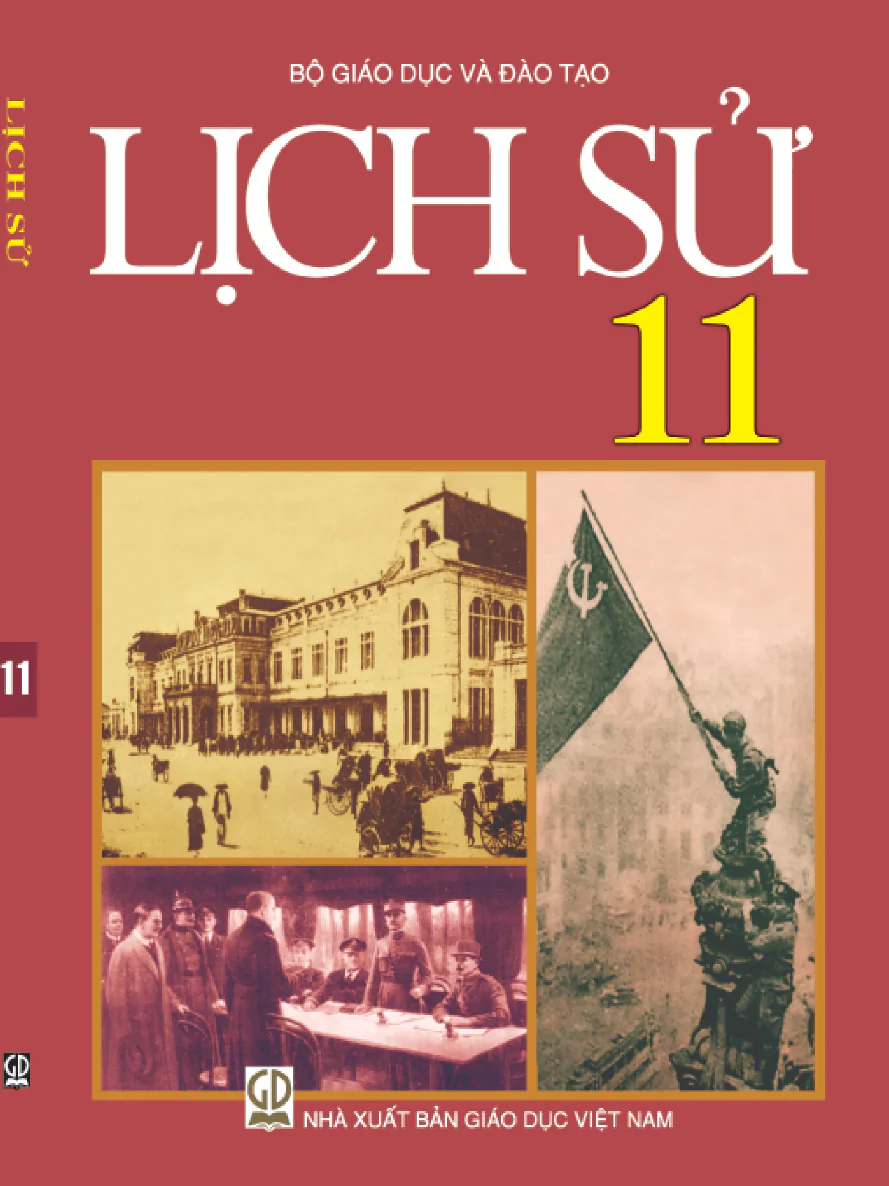
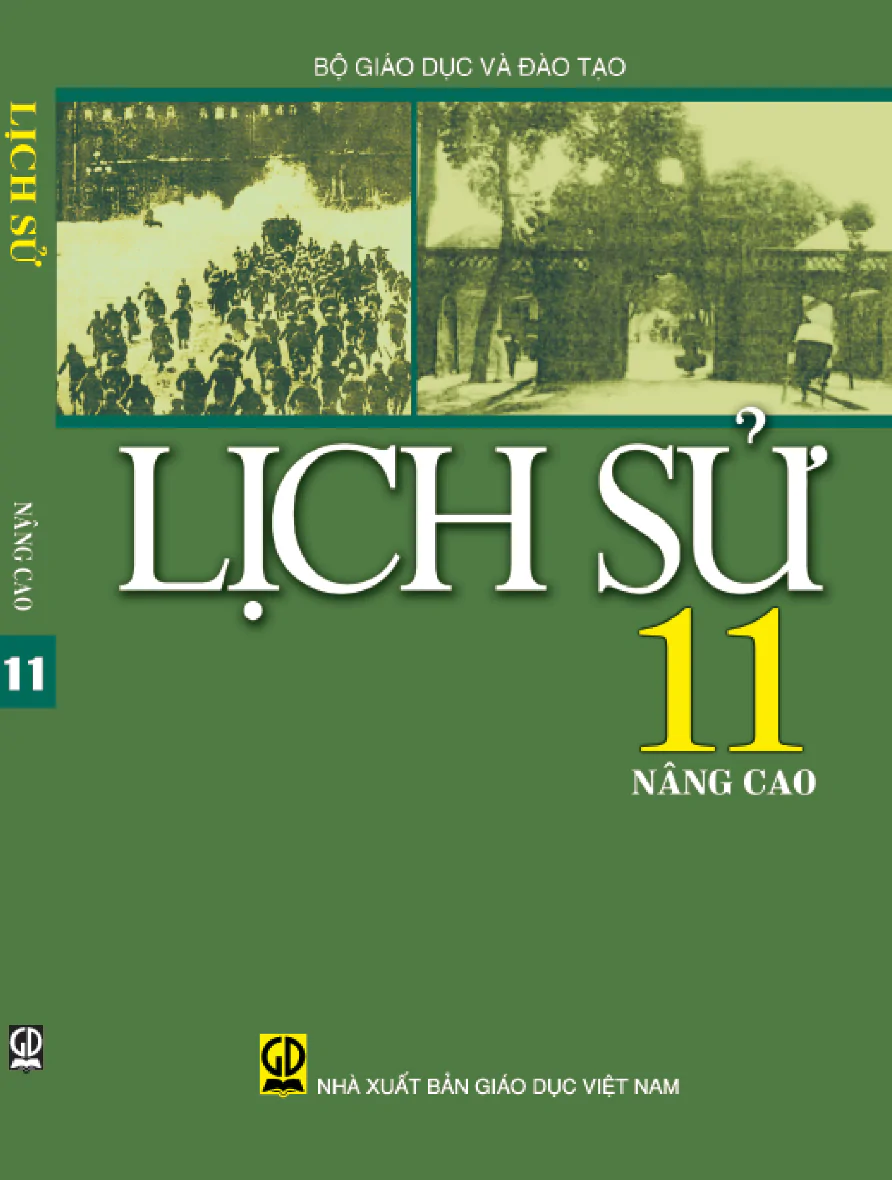
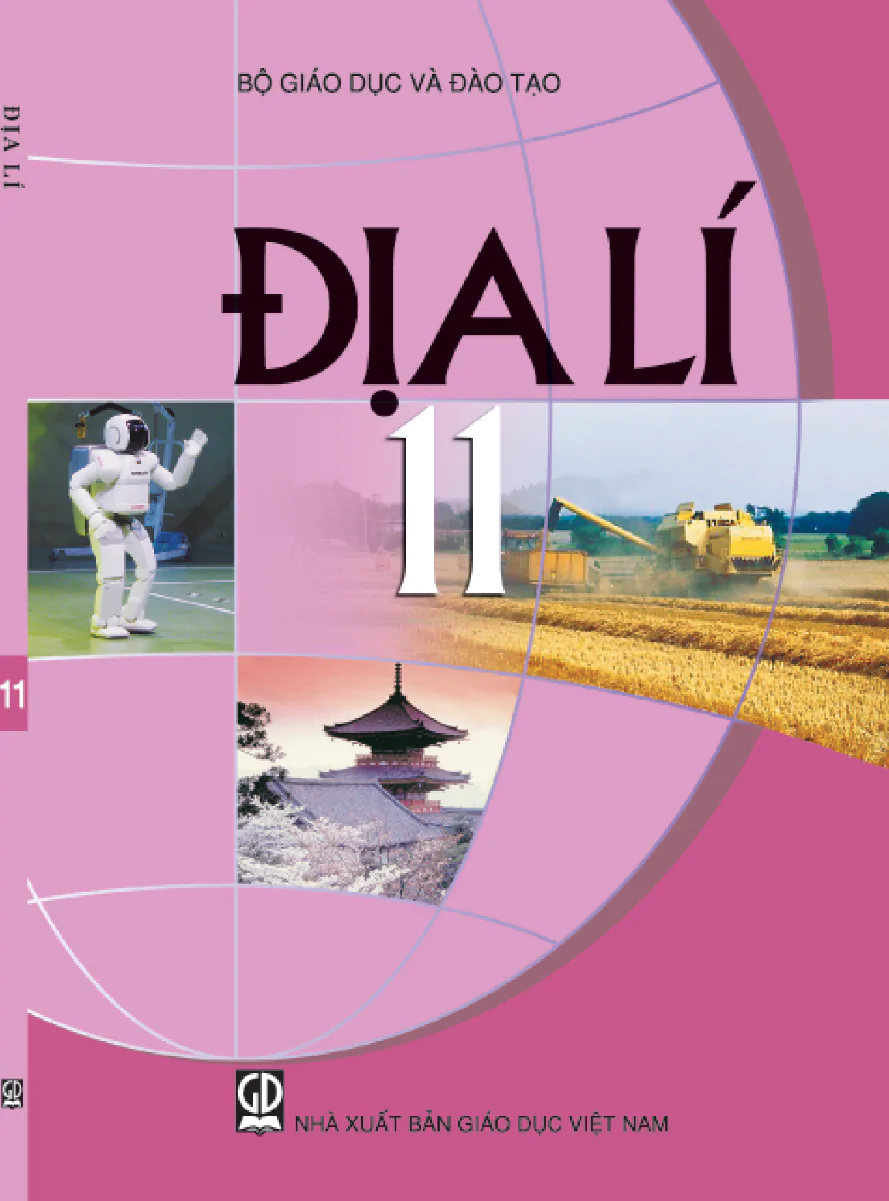
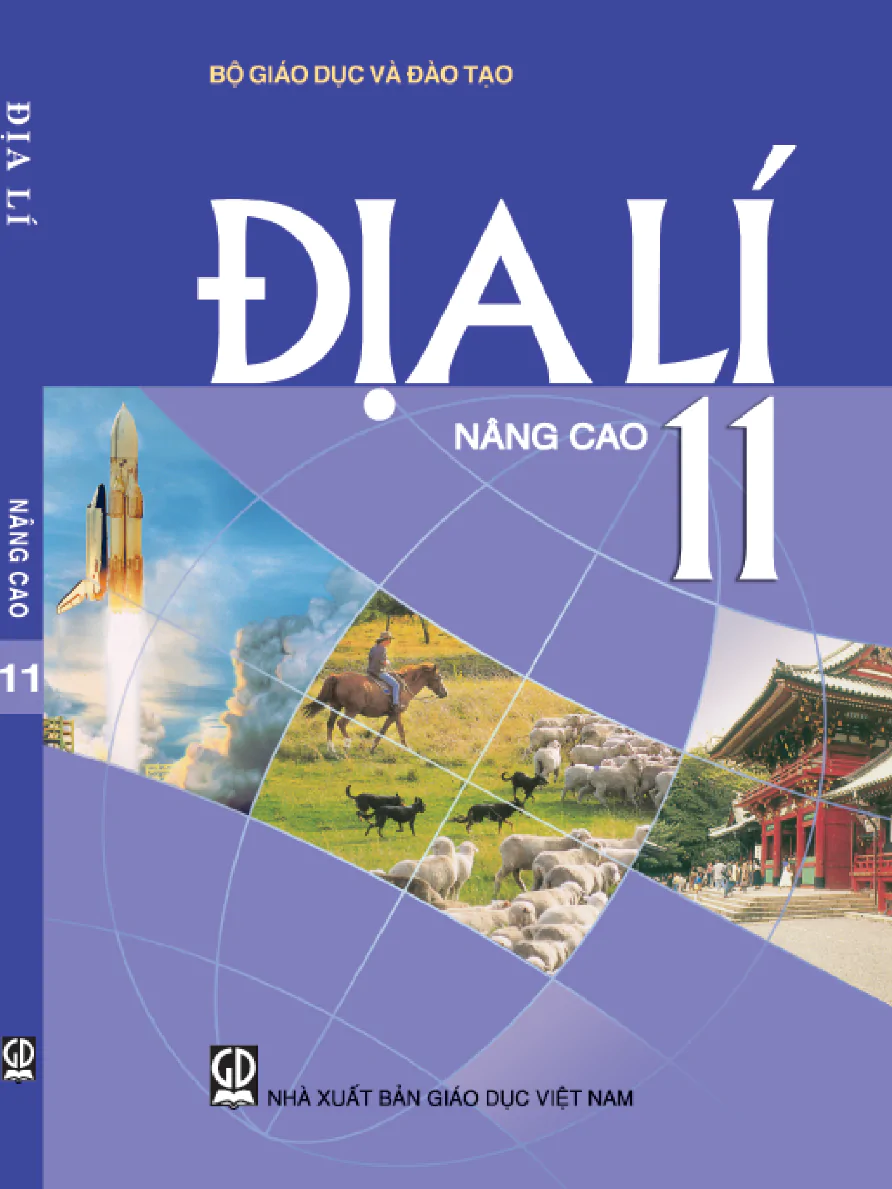
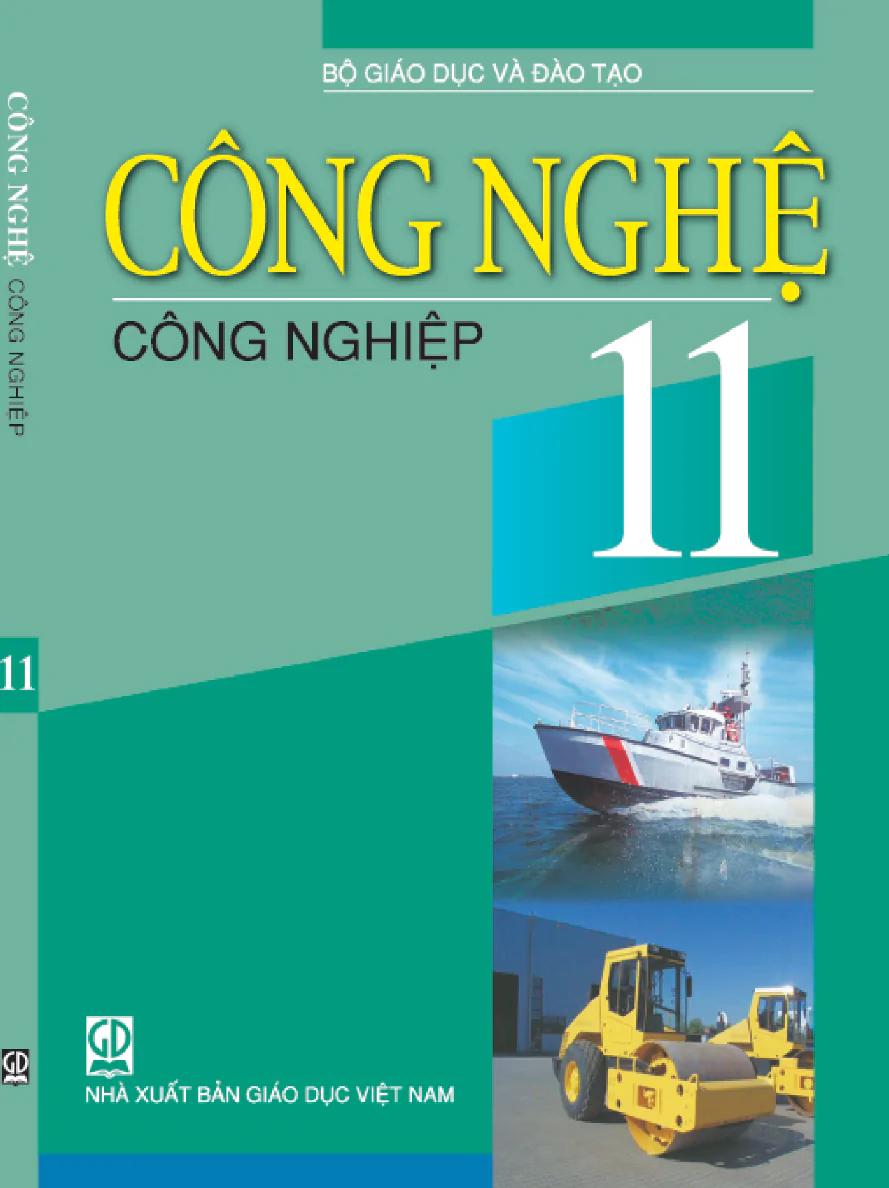
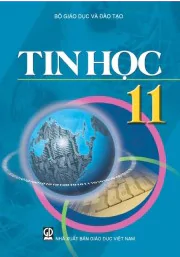
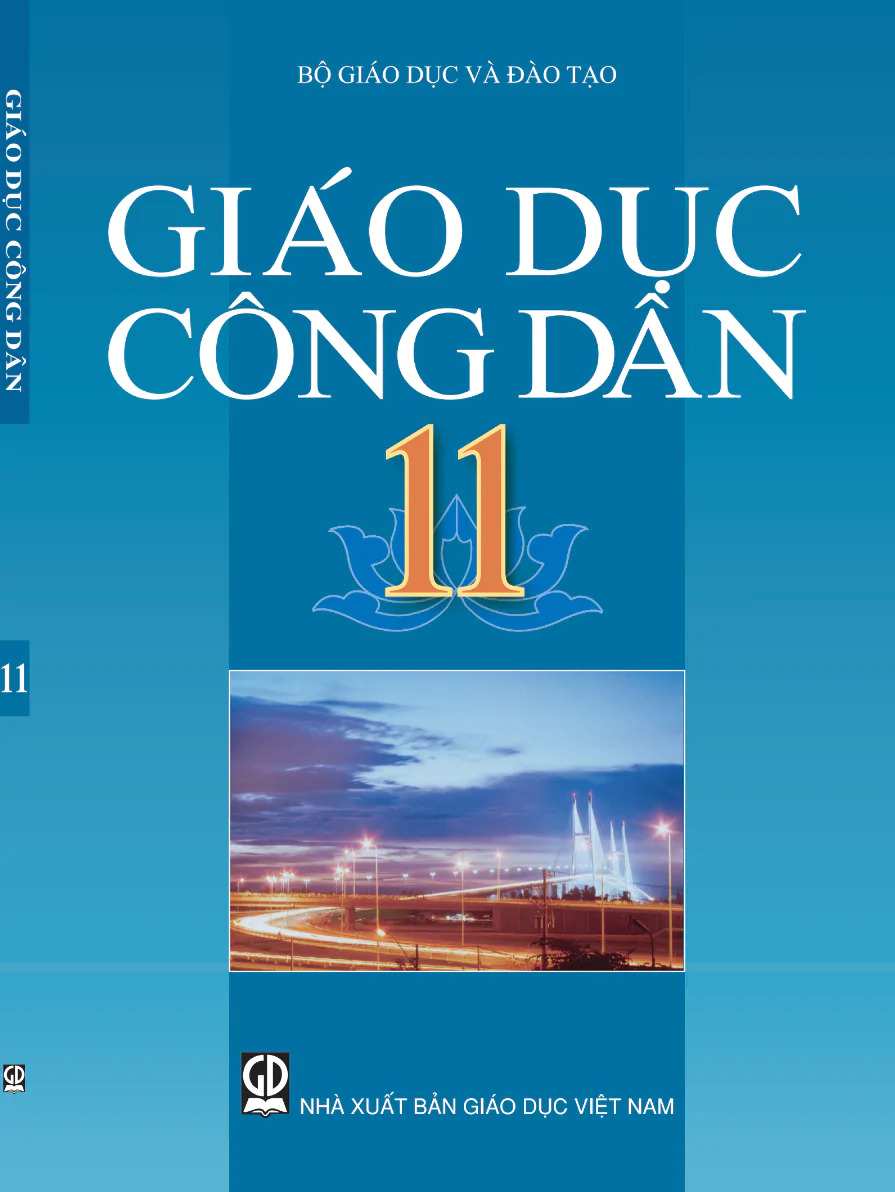
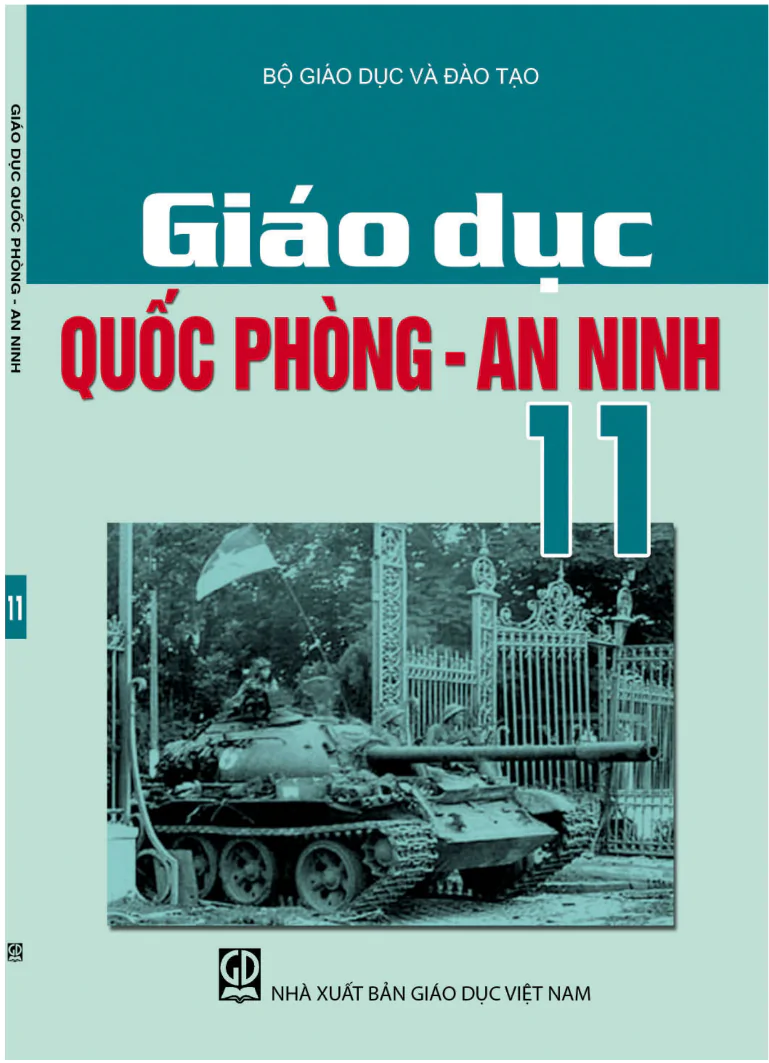

















Bình Luận
Để Lại Bình Luận Của Bạn